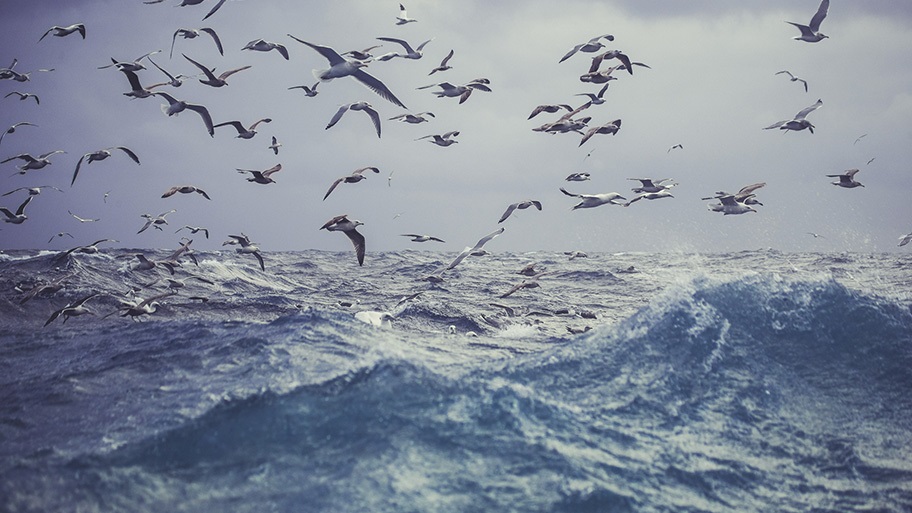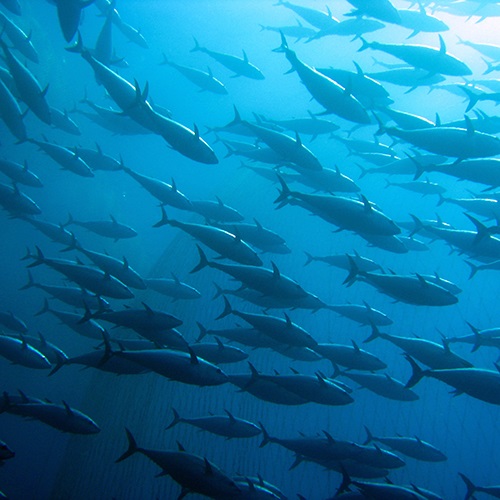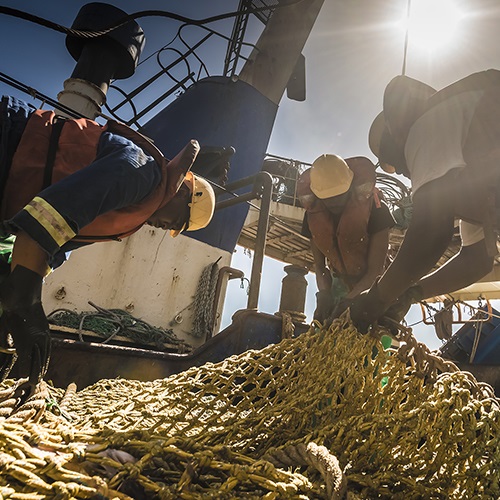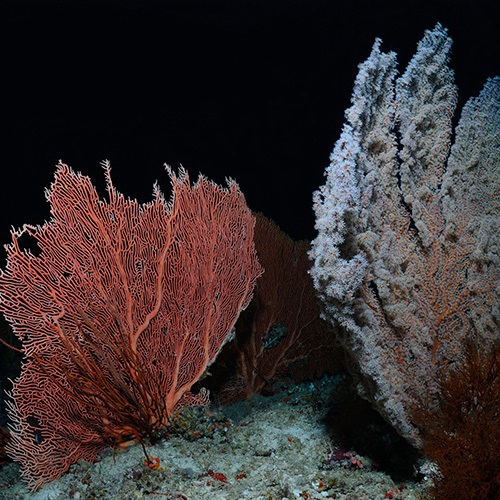Off the coasts of Norway and Russia, the Barents Sea is one of the most productive and economically important fishing regions in the world.
The North East Arctic cod and haddock that live here are thriving. The biomass of the cod stock is at a historic high, estimated to be in the region of 2 million tonnes, but this was not always the case. During the 1980-90s the stock was less than half
a million tonnes and there were concerns for its future. Thanks to favourable environmental conditions and good management, many fisheries in the region have been MSC certified for the past decade.
A collaborative approach
Before MSC certification a fishery improvement project (FIP) was set up by the Sustainable Fisheries Partnership. The FIP helped the fisheries tackle illegal, unregulated and unreported (IUU) fishing, by working with seafood buyers, governments and other stakeholders. International collaboration is also key for the sustainability of these fisheries and management is overseen by the joint Norwegian-Russian Fisheries Commission.Sustainability and science
Since 2010 over 85% of Russian cod and haddock fisheries have become MSC certified. These certified fisheries continue to work in partnership with government scientists and NGOs to reduce the impact of their fishing gear on seabed habitats. Through collecting data on bycatch, fisheries are helping identify areas that could benefit from voluntary closures. The fisheries are also engaged with the Polar Research Institute of Marine Fisheries and Oceanography, who are developing fishing gear that minimises impact with the seabed.Cod in a changing climate
The recent increase in cod biomass is not only down to good management, climate effects have also played a part. Increases in temperature have been beneficial for North East Arctic cod and have increased adult cod numbers.

Tuna fishery works to reduce bycatch
How the island nation of Fiji is leading the way in reducing accidental catch in longline tuna fisheries.

Pink shrimp fishery uses LED lights on nets
The Oregon and Washington pink shrimp fishery off the west coast of the USA is working to protect a lesser-known fish.

Fisheries improving
MSC certified fisheries are continually improving to minimise environmental impacts.

Squat lobster fishery uses new science
A Chilean squat lobster fishery has been working with researchers to map its fishing grounds and better understand its impacts on deep sea habitats and ecosystems.

